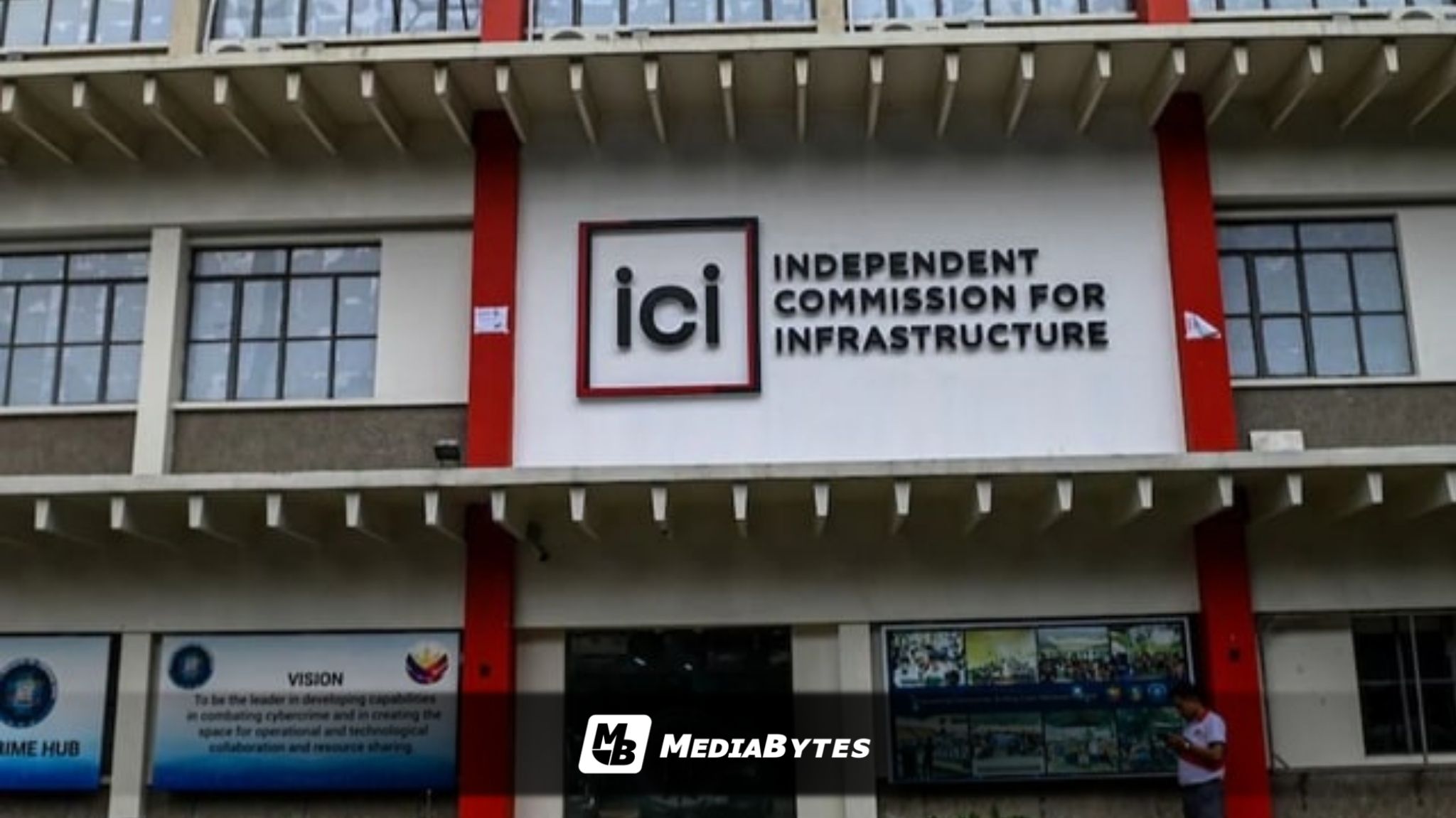President Ferdinand “Bongbong” Marcos Jr. said he consulted some of the country’s most respected legal experts before establishing the Independent Commission for Infrastructure (ICI) — the body investigating alleged irregularities in government flood control projects.
Speaking to reporters in Busan, South Korea, where he attended the 2025 Asia-Pacific Economic Cooperation (APEC) Summit, Marcos said he expected that the ICI’s creation would face legal scrutiny.
“Well, you know, it’s not exactly a surprise. The ICI is an entirely new entity that didn’t exist before, that we are only now completely defining. So, there will be questions as to its legality, its constitutionality,” he said.
Marcos acknowledged that a petition had already been filed before the Supreme Court questioning the ICI’s constitutionality but said his administration was prepared to respond.
“I was sure somebody would have an idea that maybe it’s unconstitutional or that it’s unlawful. We’ll just have to answer those allegations and we’ll see how the Supreme Court decides,” he said.
He added that the Office of the Solicitor General (SolGen) will defend the government’s position before the high court.
“And we’ll just have to explain what it is we’re trying to do. And maybe the methodology of it is something that needs to be amended. But still, the SolGen will defend our position in the Supreme Court,” Marcos said.
Despite the legal challenge, the President expressed full confidence that the ICI is validly constituted.
“Because before we started even thinking about organizing the ICI, I made sure that I got legal opinions from the best legal minds that I know… So, the opinion that came back was favorable. So I do believe we are on firm legal ground here,” he added.
Under Executive Order No. 94, issued on September 11, the ICI was granted authority to investigate alleged anomalies in flood control and related projects of the Department of Public Works and Highways (DPWH) over the past decade—covering the latter half of the Aquino administration and the full six years of the Duterte presidency.



